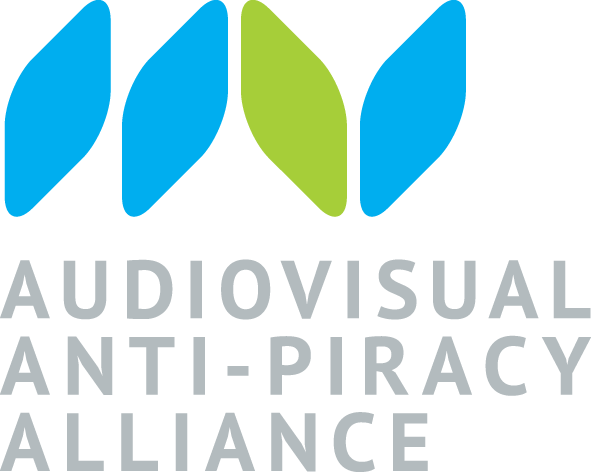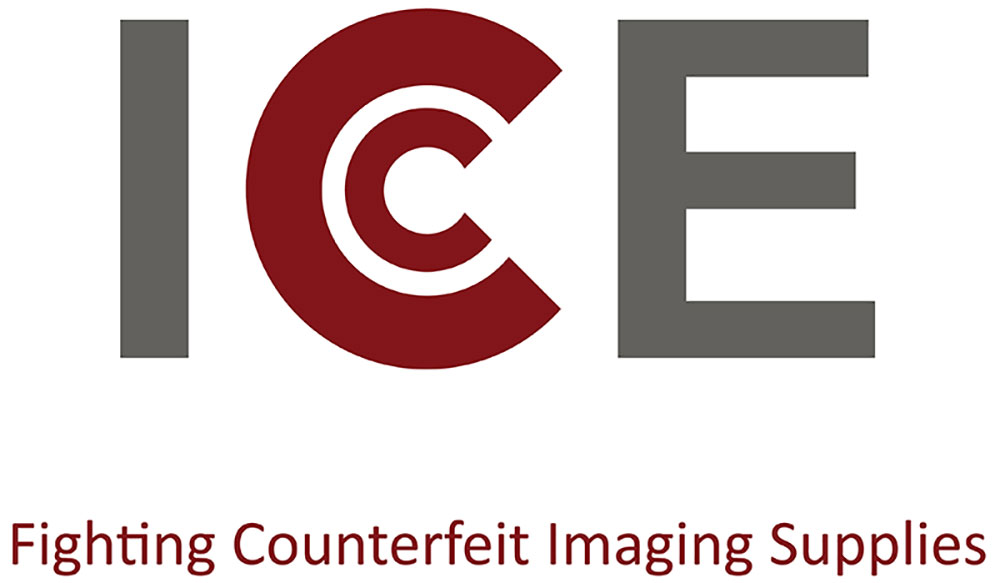
This publication is a comprehensive guide designed to equip intellectual property (IP) owners with the necessary tools to efficiently refer cases of IP infringement for criminal investigation. The guide has been developed as part of the European Multidisciplinary Platform Against Criminal Threats (EMPACT), which includes intellectual property as a European law enforcement priority.

The impact of complicit social media influencers on counterfeit purchasing among female consumers in the UK.
An important recent trend is the increased role of social media influencers in facilitating the trade. Influencers are regarded as trusted opinion leaders in their online communities, so their views matter to followers. Some, complicit influencers, promote the illicit wares whilst reassuring potentially susceptible followers that buying counterfeits is both rational and acceptable. This marketplace is highly gendered, and currently dominated by female influencers promoting counterfeit fashion, accessories, jewellery and beauty products to female consumers. There has been no prior research into the impact of influencers on the consumption of counterfeit goods. To address this gap, the Intellectual Property Office (IPO) commissioned the University of Portsmouth to undertake this pilot study based on a quantitative survey of 1,000 female consumers in the UK.
The impact of complicit social media influencers on counterfeit purchasing among male consumers in the UK.
This study replicates the research on role of social media influencers in facilitating illicit trade but focuses on male consumers. It finds that male consumers are over twice as susceptible to the social media influencer problem as female consumers: 24% of UK male consumers aged 16 to 60 purchase counterfeits endorsed by social media influencers. The previous research identified four factors which increase the likelihood of counterfeit purchasing: trusted others including complicit influencers, rationalisations, risk blindness and risk appetite. These factors are more prevalent amongst the male population thus emphasising their causal contribution to the demand for counterfeits. The analysis further reveals that widespread confusion over the term ‘counterfeit’ has a significant role in purchasing decisions and fuelling demand.

The Impact of Deviant Social Media Influencers and Consumer Characteristics on Purchasing Counterfeit Goods.
Product counterfeiting is a large and global economic crime that causes significant economic, social and personal harms. Facilitated by the efficiency and convenience of e-commerce, finding and buying counterfeits have never been easier. Going beyond product listings on websites, counterfeiters are now using sophisticated marketing techniques to promote their illicit wares.

Practices used by Online Marketplaces to Tackle the Trade in Counterfeits.
Online marketplaces have developed over the past 20 years into a vigorous, innovative and hugely successful industry. It supports large corporations and empowers emerging entrepreneurs by connecting them with customers across the globe. However, there is a dark side to this success: it also facilitates the trade in counterfeit goods. In contrast to other facilitative industries, such as logistics and payment providers, online marketplaces attract special attention because the visibility of the counterfeits in their shop windows create obvious opportunities for controlling the illicit trade. This report presents the findings of exploratory research into the practices used by a sample of online marketplaces to tackle the trade in counterfeits.

The Cost of Food Crime Phase 2.
The Cost of Food Crime (CoFC) model identifies and measures the economic and social cost of food crime. This includes the direct impact on victims of food fraud and the criminal justice system, as well as the indirect impact on the economy from lost productivity, lost profits for competing firms, and non-financial impacts of pain, grief, and suffering.

The Audiovisual Anti-Piracy Alliance (AAPA) is leading the fight against audiovisual piracy across Europe and the Middle East, supporting law enforcement and building partnerships to better tackle piracy. AAPA seeks to raise awareness in its efforts to discourage piracy. In a new report, commissioned by AAPA and conducted by Bournemouth University entitled "IPTV Piracy – The Impact of Illicit IPTV in Europe", it is estimated that EUR 1.06 billion of unlawful revenue was generated by copyright infringing IPTV providers in Europe in 2021.

ICCE is pleased to announce the release of a new short video which aims to help raise awareness about the important role that law enforcement agencies play in helping to tackle the growing issue of counterfeit imaging products such as toner and ink cartridges and ribbons.
With counterfeit imaging supplies costing $3bn to the global economy, now more than ever, coordinated action is needed in the fight against fakes. With insight from Interpol and HM Revenue & Customs, the video shows how better coordination of intelligence through industry bodies such as ICCE and improved training and collaboration between ICCE and law enforcement agencies is achieving significant results.
ICCE was formed in 1997 to provide an industry-wide response to tackle the growing threat of counterfeit supplies within the imaging supplies industry across Europe, Middle East and Africa. It is a non-profit making association with ten members: Brother, Canon, Epson, Hewlett-Packard, Kyocera, Lexmark, OKI, Samsung and Xerox. If you have any questions, please contact ICCE by emailing icce@icce.net. For more information, please visit www.icce.net or follow ICCE on Twitter (@ICCEfightsfakes).

The A-CAPP Center is pleased to announce its most recent report on Brand Protection. Released at Interpol's International Intellectual Property Crime Conference and in partnership with Underwriters Laboratories, this report discusses critical aspects of the counterfeiting problem that need to be considered over the next five years.